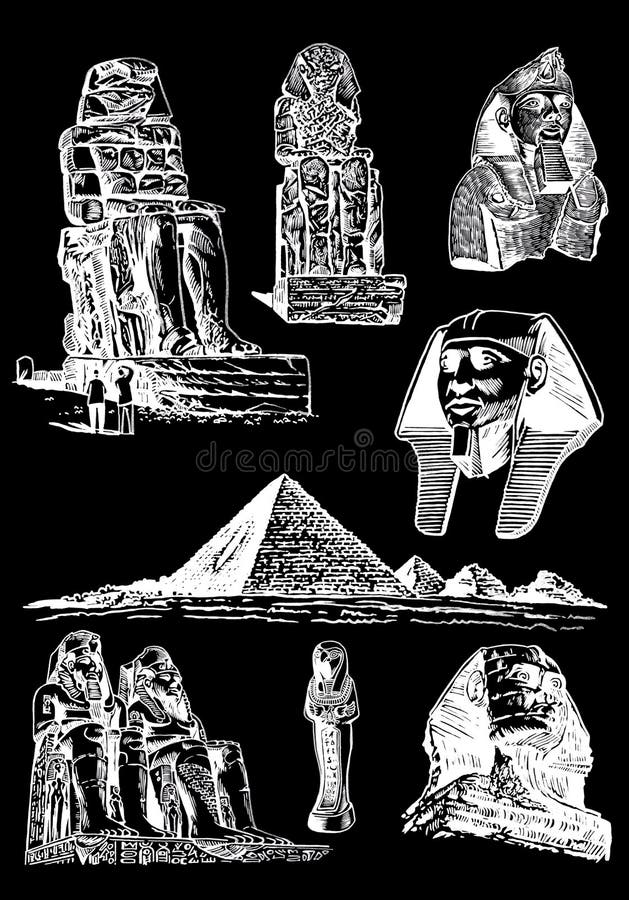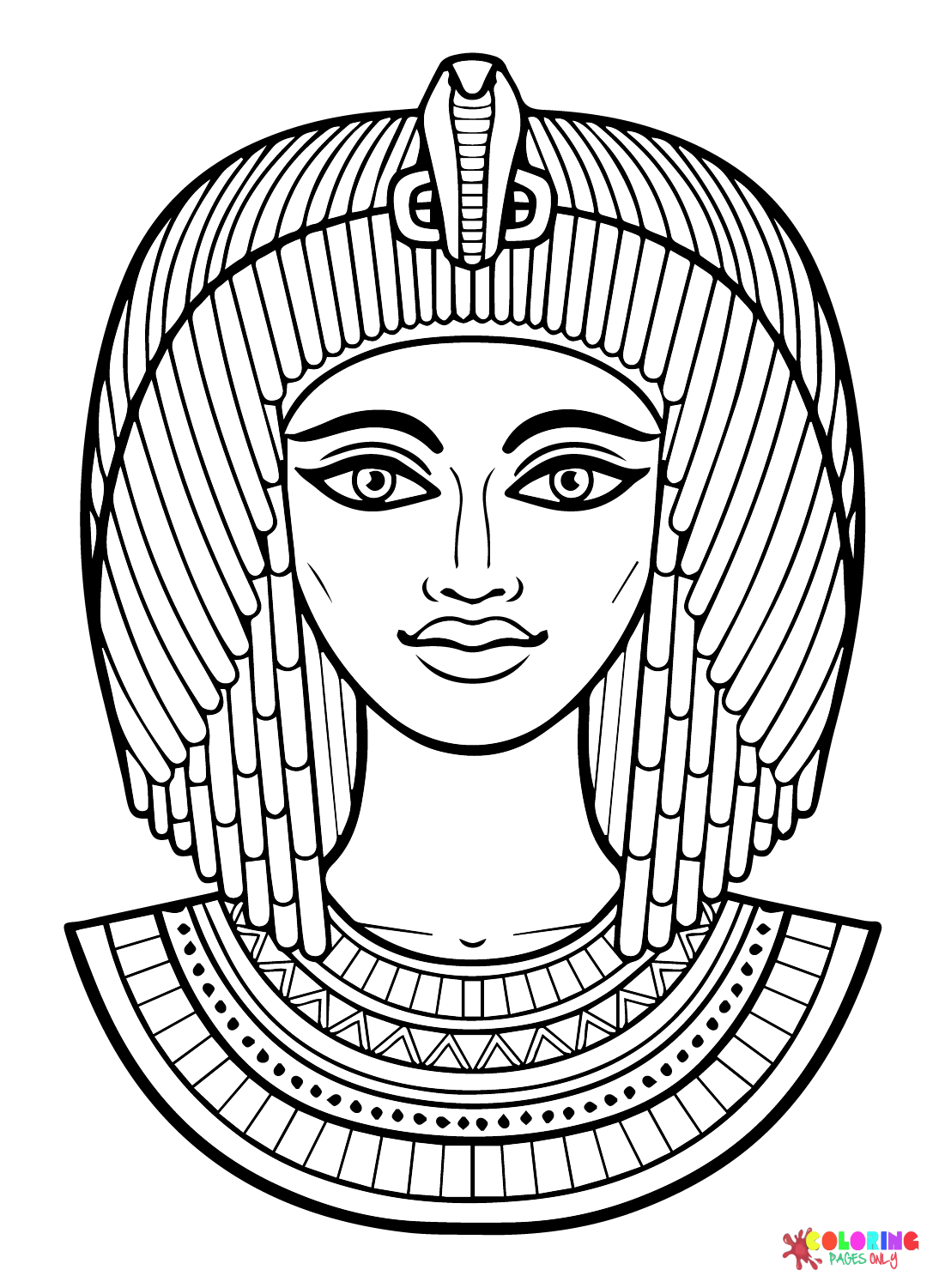What makes Giuseppe Verdi's Aida such an enduring masterpiece? The opera, a grand spectacle set against the backdrop of ancient Egypt, continues to captivate audiences worldwide. With its sweeping melodies and dramatic intensity, it stands as one of the most celebrated works in operatic history. This four-act masterpiece not only showcases Verdi's genius but also delves into universal themes of love, betrayal, and sacrifice.
Aida’s origins trace back to 1870 when the Khedive of Egypt commissioned Verdi to compose a new opera for the opening of the Cairo Opera House. Although the project was delayed due to unforeseen circumstances, including the Franco-Prussian War, the premiere finally took place on December 24, 1871. Set during the era of pharaohs, the opera unfolds through a tale of two lovers caught between loyalty to their nations and personal passions. Radamès, an Egyptian military commander, finds himself torn between his duty to his country and his love for Aida, an enslaved Ethiopian princess. Meanwhile, Amneris, the daughter of the Pharaoh, harbors unrequited feelings for Radamès, further complicating the emotional web.
| Personal Information | Details |
|---|---|
| Name | Guiseppe Verdi |
| Date of Birth | October 9, 1813 |
| Place of Birth | Le Roncole, Duchy of Parma (now Italy) |
| Death | January 27, 1901, Milan, Italy |
| Career Highlights | Renowned Italian composer; composed over 26 operas |
| Famous Works | Nabucco, Rigoletto, La Traviata, Il Trovatore, Aida |
| Reference Website | Metropolitan Opera |
The libretto for Aida was crafted by Antonio Ghislanzoni, based on a story by French Egyptologist Auguste Mariette. Its narrative intricately weaves together elements of historical authenticity and mythological allure, drawing heavily from the cultural richness of ancient Egypt. Verdi's score masterfully complements this narrative, blending lush orchestration with powerful vocal lines that demand exceptional technical skill from performers. The famous Triumphal March, performed in Act II, exemplifies Verdi's ability to create music that resonates both emotionally and theatrically.
Since its debut, Aida has been performed countless times across the globe, becoming synonymous with grandeur and spectacle. Productions often feature elaborate sets and costumes designed to evoke the splendor of ancient Egyptian civilization. Despite its association with opulence, however, the opera's core lies in its deeply human stories. Through characters like Aida, Radamès, and Amneris, Verdi explores timeless questions about identity, honor, and devotion. These themes ensure the opera remains relevant even today, transcending temporal and cultural boundaries.
Beyond its artistic merits, Aida holds historical significance as well. It marked a pivotal moment in Verdi's career, solidifying his reputation as one of the greatest composers of his time. Moreover, the opera played a crucial role in shaping public perception of ancient Egypt during the late 19th century. By presenting Egypt through a lens of romance and adventure, Aida contributed to the growing fascination with Egyptology among European audiences.
In recent years, interpretations of Aida have evolved to reflect contemporary sensibilities. Modern stagings sometimes reinterpret the setting or emphasize different aspects of the story, offering fresh perspectives while respecting the original work's integrity. For instance, some productions highlight the political dimensions of the conflict between Egypt and Ethiopia, underscoring issues of imperialism and colonialism. Others focus more intensely on the psychological complexities of the characters, inviting deeper introspection from the audience.
Verdi's Aida serves as a testament to the enduring power of opera as both art form and cultural artifact. Whether experienced live in a grand theater or studied academically, the opera offers endless opportunities for exploration and appreciation. As audiences continue to engage with Aida, they are reminded of why it deserves its place among the pantheon of great operatic works.
While Aida may be the most famous example of an opera set in Egypt, it is certainly not the only one. Other notable compositions include Wolfgang Amadeus Mozart's The Magic Flute, which incorporates Egyptian motifs, and Camille Saint-Saëns' Samson et Dalila, partially set in biblical-era Egypt. Each of these operas contributes uniquely to our understanding of how composers throughout history have drawn inspiration from Egypt's storied past.
For crossword enthusiasts, the connection between Aida and Egypt frequently appears as a clue. Solvers tasked with identifying opera set in Egypt will find AIDA as the correct response—a nod to the opera's iconic status within the puzzle-solving community. Similarly, references to Verdi or specific scenes from the opera might appear in various puzzles, attesting to the widespread recognition of this masterpiece.
Ultimately, Aida stands as a bridge connecting diverse realms: music, history, literature, and popular culture. Its legacy endures not merely because of its musical brilliance but also due to its capacity to inspire wonder and reflection in all who encounter it. From its majestic opening chords to its poignant final notes, Aida invites listeners to journey into a world where passion and principle collide, leaving an indelible mark on the soul.
| Related Operas Set in Egypt | Composer | Year Composed |
|---|---|---|
| Aida | Guiseppe Verdi | 1871 |
| The Magic Flute | Wolfgang Amadeus Mozart | 1791 |
| Samson et Dalila | Camille Saint-Saëns | 1877 |



